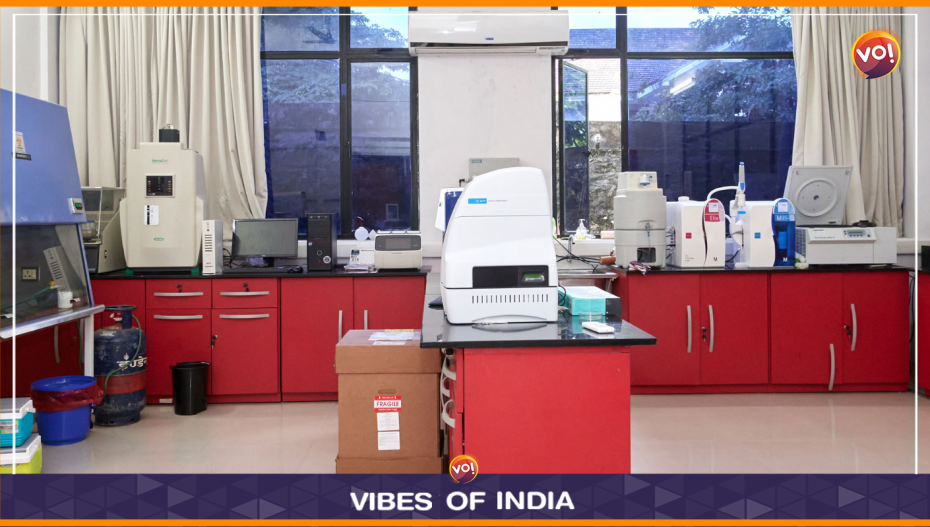In the first statewide study consisting of over 3,000 samples of antimicrobial resistance (AMR) where organisms don’t respond to existing antibiotics, the researchers at Gujarat State Biotechnology Mission (GSBTM) and Gujarat Biotechnology Research Centre (GBRC) indicated that about 60 percent of the total samples did not respond to more than one category of antibiotics, identified as extreme drug-resistant (XDR).
More shockingly, out of total, 5 percent were pandrug-resistant (PDR) organisms that did not respond to any available antibiotics available in the market.
The ongoing study, which started in April 2022, comprises all possible factors – the initiative has 10 locations and 20 partners including medical colleges, veterinary colleges and fisheries industry. The researchers also collect samples from water and air. Out of the total, 52 percent or more than half ‘superbugs’ were found from healthcare sector, whereas 27 percent were from the vet and fisheries sector and the rest 21 percent from the environment.
An analysis of 3,000-odd samples of bacterial culture, conducted as part of a study on antimicrobial resistance (AMR) of pathogens in Gujarat, reveals that more than one-third of the micro-organisms (35.6 percent) resistant to antimicrobials comprise of two types of bacteria – E coli (22 percent) and Klebsiella pneumoniae (14 percent). Pseudomonas aeruginosa (8 percent) and Acinetobacter baumannii (6 percent) were the other two types of bacteria that registered a higher presence in the AMR samples.
The study is being carried out by the Gujarat State Biotechnology Mission (GSBTM) and Gujarat Biotechnology Research Centre (GBRC) with help from 20 institutions across 10 locations in the state. A senior official associated with the project said that since April 2022, experts have been scanning the healthcare sector, animals, fish, water, air, biomedical waste, etc., to identify the presence of ‘superbugs.’ It is part of a national project and will help understand the presence of AMR microorganisms in the region.












